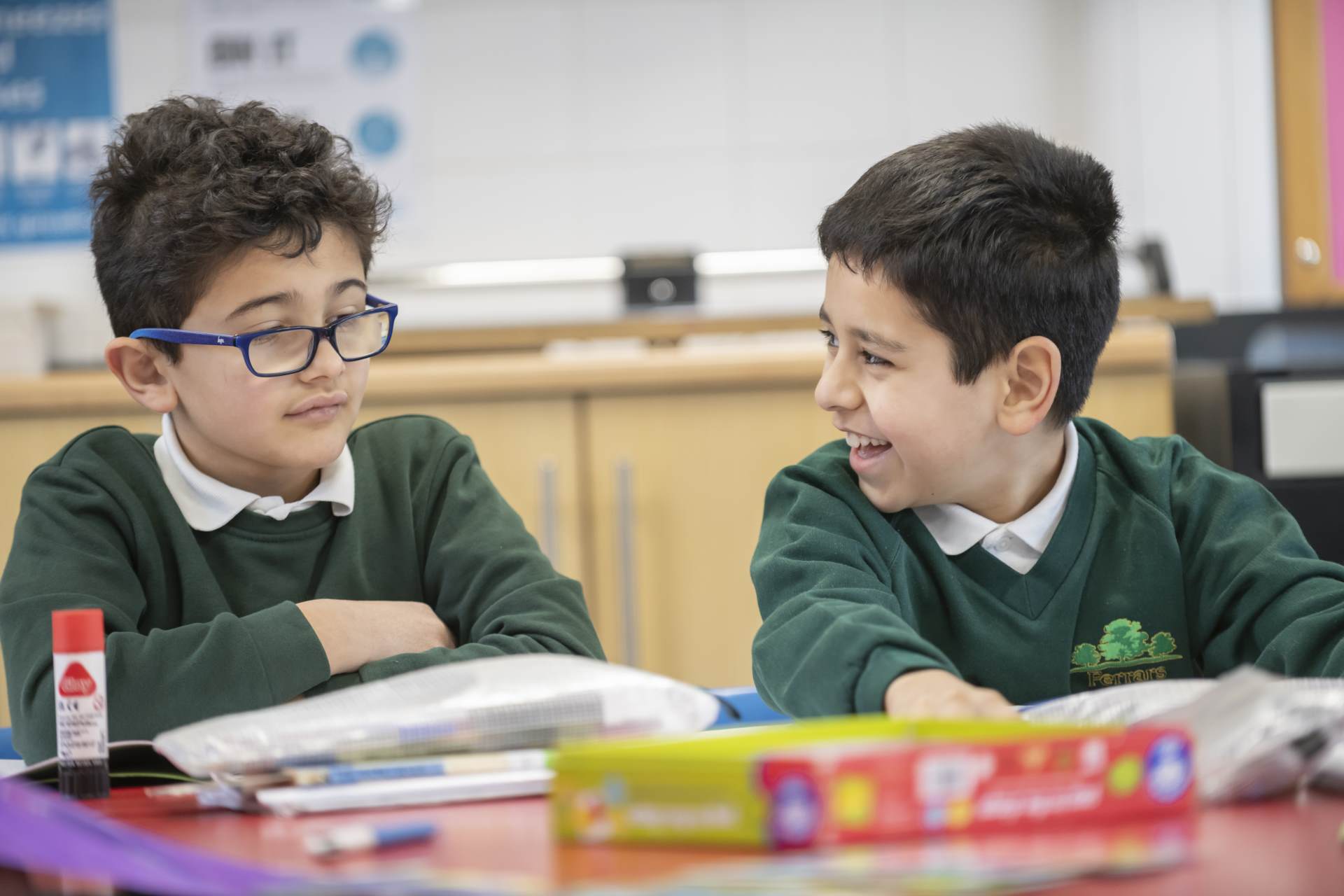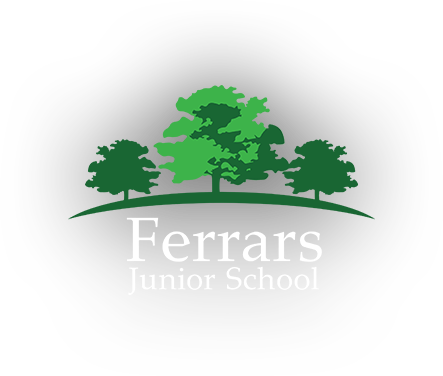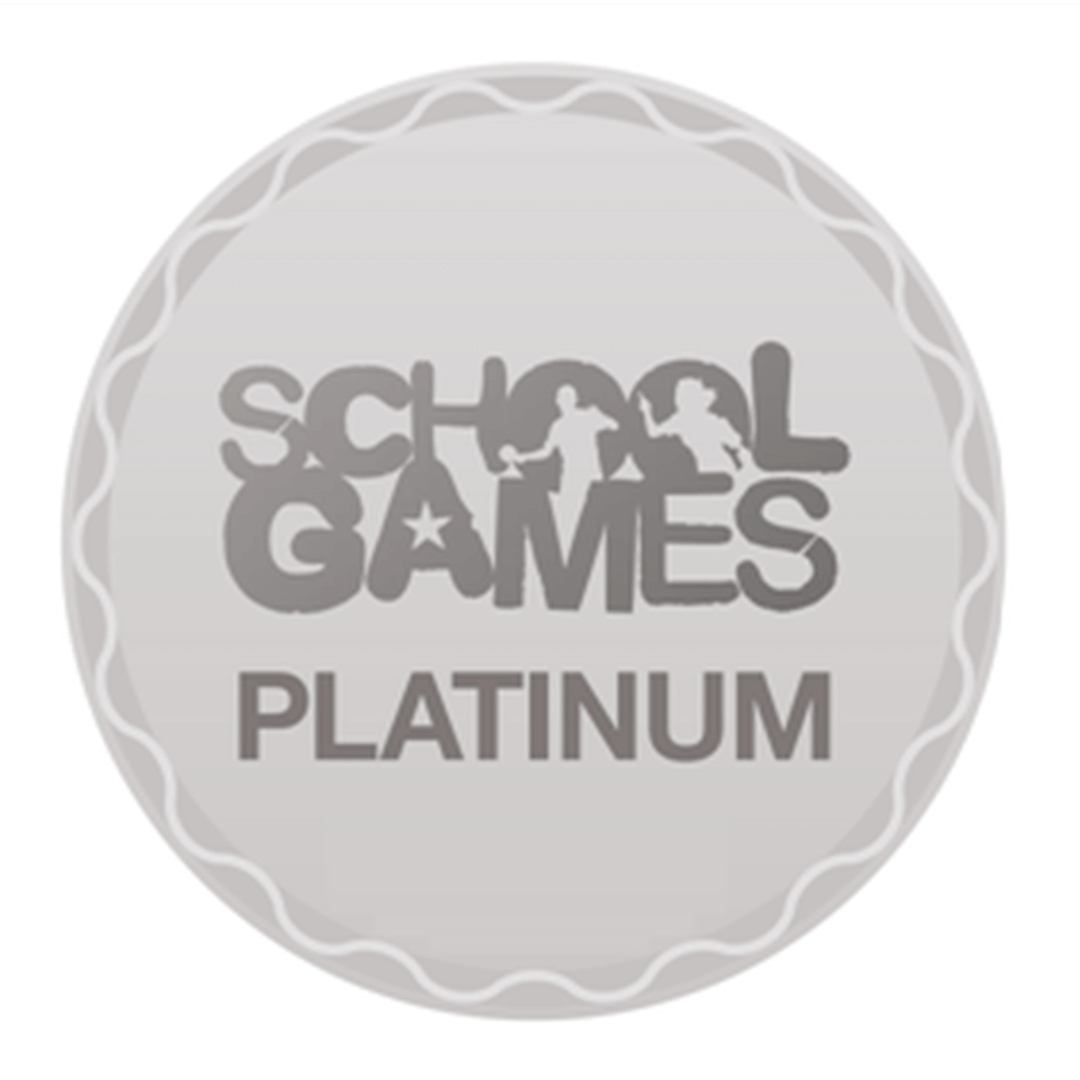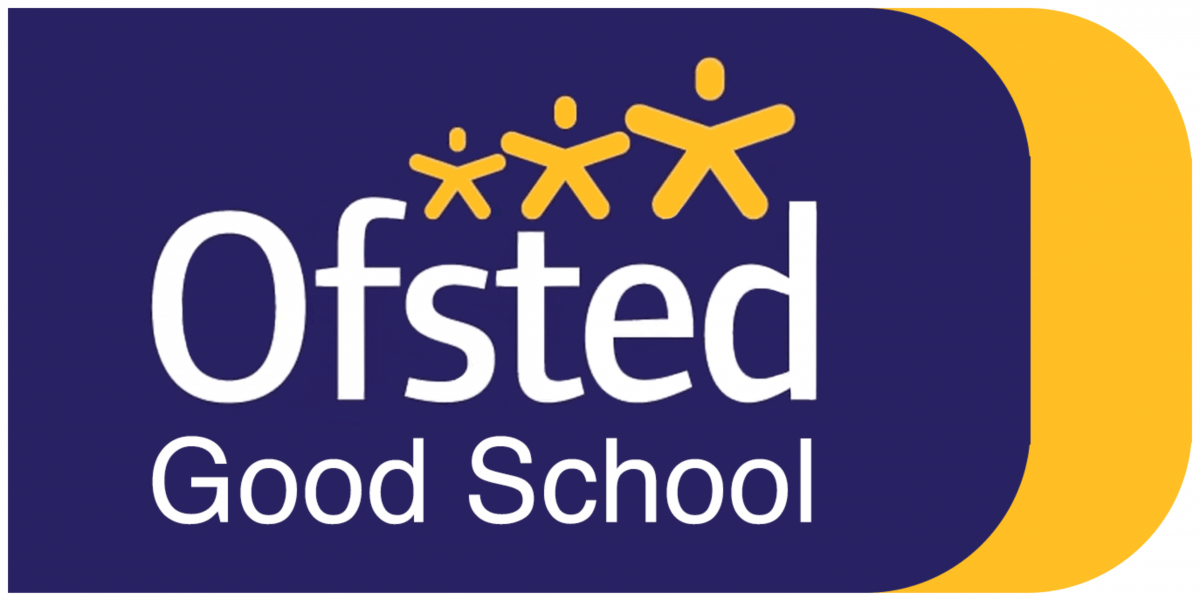RE Intent, Implementation & Impact

Intent
Religious Education (RE) plays a significant role in the development of pupils’ spiritual, moral, social and cultural development. It promotes respect and open-mindedness towards others with different faiths and beliefs and encourages pupils to develop their sense of identity and belonging through self-awareness and reflection. The principle aim of RE is to engage pupils in an enquiry approach where they can develop an understanding and appreciation for the expression of beliefs, cultural practices and influence of principle religions and worldviews in the local, national and wider global community.
The threefold aim of RE
- 1) Make sense of a range of religious and non-religious beliefs, so that they can:
- identify, describe, explain and analyse beliefs and concepts in the context of living religions, using appropriate vocabulary
- explain how and why these beliefs are understood in different ways, by individuals and within communities
- recognise how and why sources of authority (e.g. texts, teachings, traditions, leaders) are used, expressed and interpreted in different ways, developing skills of interpretation
- 2) Understand the impact and significance of religious and non-religious beliefs, so that they can:
- examine and explain how and why people express their beliefs in diverse ways
- recognise and account for ways in which people put their beliefs into action in diverse ways, in their everyday lives, within their communities and in the wider world
- appreciate and appraise the significance of different ways of life and ways of expressing meaning.
- Make connections between religious and non-religious beliefs, concepts, practices and ideas studied, so that they can:
- evaluate, reflect on and enquire into key concepts and questions studied, responding thoughtfully and creatively, giving good reasons for their responses
- challenge the ideas they study, and consider how these ideas might challenge their own thinking, articulating beliefs, values and commitments clearly in response
- discern possible connections between the ideas studied and their own ways of understanding the world, expressing their critical responses and personal reflections with increasing clarity and understanding.
At Ferrars Junior School, we have pupils from several different religions as well as those who have no religious beliefs. RE teaching provides support for pupils to equip systematic knowledge and understanding of a range of religions and beliefs as well as non-belief.
Implementation
RE is taught through weekly timetabled lessons and it is the intent of Ferrars Junior School that Religious Education promotes an enquiry-based approach through the implementation of The RE Agreed Syllabus for Bedford Borough, Luton and Central Bedfordshire.
The RE syllabus uses a multi-dimensional model of religions and worldviews, and of RE itself. Learners explore questions of identity: who am I? Where do I fit in? What influences shape me? They discover a range of accounts of the meanings humans find in life, developing their own sense of meaning, and they consider how human values are often common and humane, but also often distinctive in the ways they are expressed and practised. In this context, RE has two focal points. It is about the religious identities, meanings and values studied. All three words are plural: answers to these ultimate questions are not final or singular, but contested and varied. RE is also about the pupil’s own search for identity, meaning and values by which to live.
Experiences and enrichment opportunities at Ferrars Junior School
- handling artefacts
- exploring sacred texts
- using imaginative play or drama to express feelings and ideas
- responding to images, games, stories, art, music and dance
- meeting visitors from local religious communities
- making visits to religious places of worship where possible, and where not, making use of videos and the internet
- taking part in whole school events- (multi-faith days, school performances)
- participating in moments of quiet reflection
- using ICT to further explore religion and belief globally
- comparing religions and worldviews through discussion
- debating and communicating religious belief, worldviews and philosophical ideas and answering and asking ultimate questions posed by these
Impact
By the end of Year 6 we expect that all pupils can:
- extend their knowledge and understanding of religions and beliefs
- develop a religious vocabulary and interpret religious symbolism in a variety of forms
- reflect on questions of meaning, offering their own thoughtful and informed insights into religious and secular world-views
- explore ultimate questions of beliefs and values in relation to a range of contemporary issues in an ever-changing society
Progress will be monitored by the subject leader through book scrutinies, learning walks and discussions with teachers and children.








